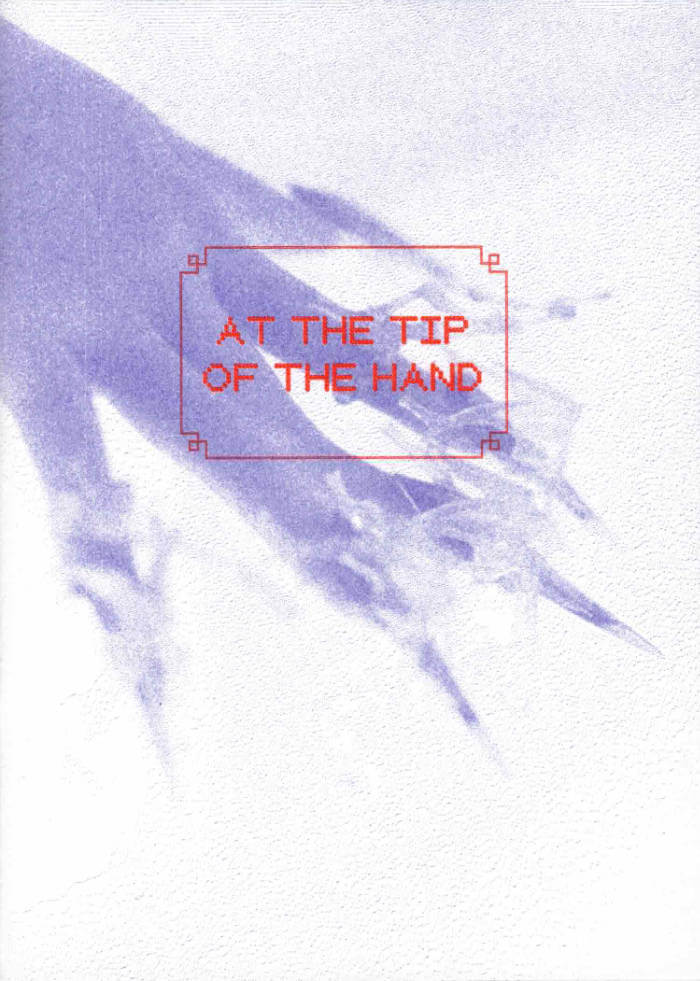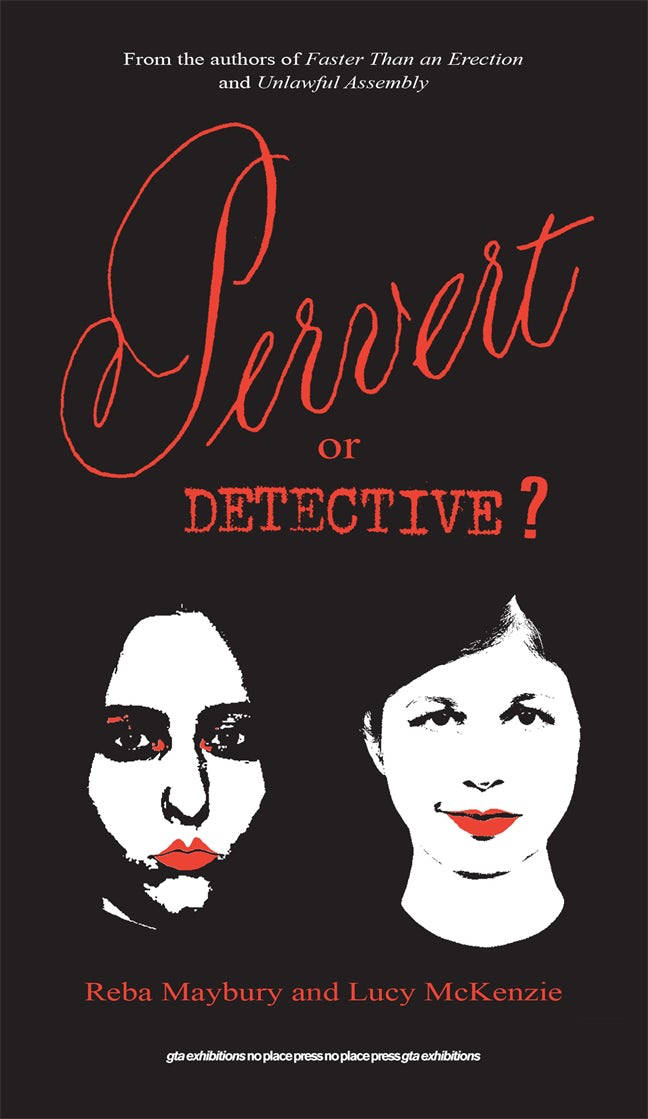
Ornamenti: An experiment on puppet furniture and beauty props
Featuring "Pebbles, Chrome, Silk, Cedar and Anecdotes", a short story by Lucy McKenzie.
Photographs: Camille Vivier
Publication layout: Alice Zani
Language: English

Featuring "Pebbles, Chrome, Silk, Cedar and Anecdotes", a short story by Lucy McKenzie.
Photographs: Camille Vivier
Publication layout: Alice Zani
Language: English

Elizabeth in the Woolds is the product of two superimposed compositional strategies; a thematic aggregate based on notes dating back to 2008 and an epic prose narrative. Elizabeth is the device through which this simultaneous register moves. Screen writing provides a model for multiple voices. In a film script, the narrator can be the camera; there’s a machine at the centre of the story structure which figures a demand for resolution of plot; a contrario, the thematic approach (S, U, N, as electric light) obliterates chronology, and enumerates an atemporal topological figure, or the way the world is built.
(730pp., self-published first edition of 50, Kortrijk, 2021)

The Hortus project is an open investigation into the nature of seemingly common objects through 'Floriography', urban gardens, and the history of female rights. Hortus was inspired by urban gardens in West Amsterdam and created with its plants by Lilia Luganskaia.
Joanna Cresswell about the 'Hortus':
History teaches us that a language of flowers can communicate endless things about the culture in which it emerged, and herein lies Lilia Luganskaia's interest. Taking inspiration from the world of 19th Century sentimental flower books, Hortus presents itself as a set of notes towards a modern handbook for contemporary floriography, considering what the discipline might look like today. By collecting common flora across one year in the urban gardens around her home in Amsterdam and cross-referencing their meanings with publications from the past, Luganskaia reflects on their natures, their roles, and the symbolic familiarity they might hold for the communities living with them. A female artist and reader of the twenty-first century, she seeks out the essence of modern life through her lens, and through flowers, just like the women who came before her.
Lilia Luganskaia (1990) Russian - Dutch multidisciplinary artist and author, based in Amsterdam. In her artistic practice, Lilia uses her background in documentary techniques to focus on what she calls ‘investigating reality’. Her practice is research-based, Lilia decodes abstract notions such as love, tourism, bureaucracy, politics, and feminism through the use of constructed images, sculptures, videos, and installations. One of the key elements of her work is to understand multiple aspects of the photographic image.

Flatland: A Romance of Many Dimensions is an 1884 satirical novella by the English schoolmaster Edwin Abbott Abbott. Writing pseudonymously as "A Square," the book used the fictional two-dimensional world of Flatland to offer pointed observations on the social hierarchy of Victorian culture. However, the novella's more enduring contribution is its examination of dimensions.
Several films have been made from the story, including a feature film in 2007 called Flatland. Other efforts have been short or experimental films, including one narrated by Dudley Moore and the short films Flatland: The Movie and Flatland 2: Sphereland starring Martin Sheen and Kristen Bell.

"At the tip of the hand" explores the nail salon as a space of labour and social exchange. The act of two women holding hands, applying polish, and waiting for it to dry is more than a beauty ritual. It is a moment of care, but also a reflection of the social expectations placed upon ‘cultivated’ bodies and the invisible work behind them. Beneath a flawlessly coated nail, unseen bodies persist—serving, tending, remaining out of sight.


Artists Reba Maybury and Lucy McKenzie dissect power and desire in a provocative conversation that probes the material erotic, appropriation, and sex.
In Pervert or Detective?, artists Reba Maybury and Lucy McKenzie dissect power, desire, and subversion in a provocative conversation. Maybury, who integrates her work as a political dominatrix into her artistic practice, manipulates dynamics of control, compelling her male submissives to create art under her direction, only to claim it as her own. Through confession and humiliation, she dismantles notions of authorship, masculinity, and labor. McKenzie, known for her intricate trompe l’oeil paintings and conceptual installations, similarly blurs boundaries—between art and commerce, and authenticity and illusion. Her work challenges power structures and exposes the unstable nature of representation.
Maybury and McKenzie, through an expansive discussion with French art critic Marie Canet, interrogate the logic of seduction and domination, pushing against rigid binaries to probe the material erotic, appropriation, and transformation. With an introduction by curators Fredi Fischli and Niels Olsen, an afterword by writer Susan Finlay, and extensive reading and viewing lists, Pervert or Detective? offers a compelling exchange between artists committed to unsettling the familiar and redefining artistic agency.
Introduction by Fredi Fischli and Niels Olsen
Afterword by Susan Finlay

Guest editor: Orla Barry, City Report Brussels: Maxime Fauconnier and Natural Contract Lab, Kasper König, Kendell Geers, Lucy McKenzie, Nástio Mosquito, Lisa Vlaemminck, Paloma Bosquê, Joar Nango, Sandrine Colard, Wu Tsang, Busan Biennale

Jesse Darling, Heinrich Dietz and 2 more
Constructed in Pennsylvania in 1827, Gravity Road was a precursor to the modern roller coaster; a sloping stretch of railroad used to cart coal out of mines. With passenger rides on offer soon afterwards, the rapid descent became an attraction and the technology was appropriated for thrill rides in amusement parks.
Jesse Darling’s sculptures, drawings and installations address the fallibility, fungibility and mortality of living beings, systems of government, ideologies and technologies – nothing is too big to fail. For his exhibition at Kunstverein Freiburg in 2020, Darling created a sculpture of a dysfunctional roller coaster, broken down to a child-like scale, becoming an anti-monument to a modernity that celebrates progress, acceleration and mastery and produces violence.
Exploring the entangled history of labour, leisure, extraction and entertainment, Gravity Road: A Rollercoaster Reader was commissioned in response to Darling’s 2020 exhibition, bringing together new texts by artist and Darling-collaborator Joe Highton and writer Sabrina Tarasoff along with a correspondence between Darling and the Kunstverein’s director Heinrich Dietz.
FEATURING TEXTS BY:
Jesse Darling
Heinrich Dietz
Joe Highton
Sabrina Tarasoff